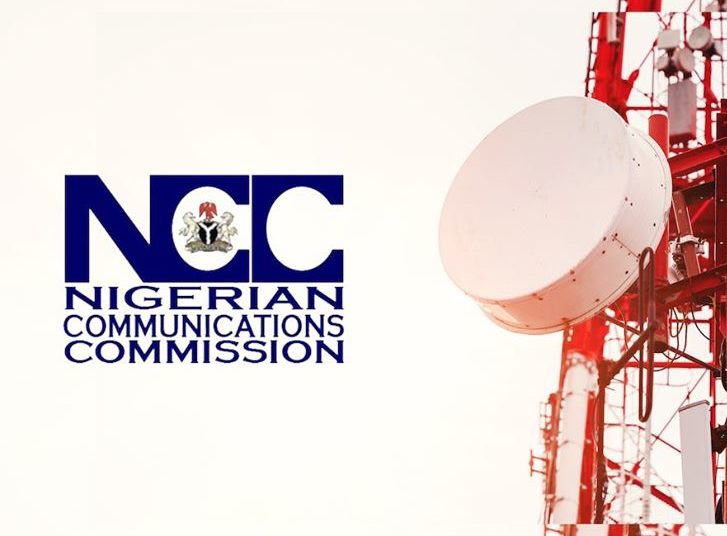Out of 756 Internet Service Providers (ISPs) licensed by the Nigerian Communications Commission (NCC), only 188 are active, as at March 2022, even as stakeholders tasked the commission to sustain the sector.
Investigation by LEADERSHIP showed that the reasons for the inactiveness of the ISPs range from anti-competition issues; low internet access in the Northern region of the country due to security challenges; challenges of Right of Way (RoW) and conclusion of standardisation with state governments; multiple taxation; deployment of Customer Premise Equipment (CPE) compatible to all service providers; lack of company Corporate Code of Governance to lack of code of practice for Internet Service provision.
Meanwhile, stakeholders who spoke with LEADERSHIP at the Telecoms Sector Sustainability Forum, organised by Business Remarks Limited, in Lagos, called on NCC to create the enabling environment for ISPs to thrive.
The chairman, Association of Licensed Telecoms Operators of Nigeria (ALTON), Engr. Gbenga Adebayo, said the big four operators (MTN, Airtel, Glo and 9mobile), have taken over the business of ISPs in Nigeria.
Adebayo, who was represented by the head, operations, ALTON, Gbolahan Awonuga, said: “the big operators are doing wholesale and at the same time, doing retailing. This is affecting the smaller operators like the ISPs. If the big operators who are supposed to be doing wholesale, are also doing retailing, what will happen to the smaller operators who are supposed to be doing the retail? This legisltion is not working well for the smaller operators and if we are not careful, the smaller operators will be thrown under the table.”
Adebayo, however, tasked the NCC to enforce strict regulation, adding that, the environment is hostile to the smaller operators.
“Out of over 700 ISPs, who were given license to operate, we have about 188 active members. If the big operators are crying that they cannot sustain their business anymore, how much more the smaller operators? Several ISPs are about to close their shops if this issue is not addressed. We need to brainstorm together and find ways to ensure that we all sustain our businesses,” he added.
In the same vein, the chief operating officer, WTES Projects Ltd, Chidi Ajuzie said the tier 1 ISPs have deep pockets, adding that, they have the capacity to take over the business of the tier2/3 ISPs. “Technically, this is what has happened and that is why we have less than 200 active ISPs in Nigeria, of which 60 per cent of them are struggling,” Ajuzie added.
Ajuzie, however, called on ISPs to look into other areas to sustain their business. He urged ISPs to leverage on open access-rollouts and partnership, reduce legacy CAPEX and OPEX, expand serviceable footprint, consolidate multi-vendor maintenance, reduce risk and high cost and maintain integration for end-to-end broadband, among others.
In response, the executive vice chairman (EVC), NCC, Prof. Umar Garba Danbatta said the NCC is working tirelessly to tackle the challenges that have marred the operation of the ISPs in Nigeria, adding that “deliberate policies and regulations are being looked at in the Commission in ensuring that ISPs and other smaller players in the industry thrive.”
Danbatta, who was represented by the NCC, Zonal Controller, Lagos, Mr. Yomi Arowosafe, said the commission has formulated the National Policy on Digitalisation, as well as the National Broadband Plan 2020-2025, which can only be facilitated through Internet Service Provision, adding that its implementation can make Nigeria compete favourably in the world economy.
The EVC said some of the measures the commission has embarked upon to continue to promote fair play and orderly development of the Nigerian Communications ecosystem as well as boost the competitiveness of the industry includes; providing the required regulatory frameworks and interventions in terms of policies, guidelines, determinations and so on that will encourage fair play in the telecoms industry, encouraging and mandating more openness and transparency in the activities of stakeholders within the industry in order to ensure healthy competition practices amongst competing licensees.
He reiterated that the digitalisation of the economy can only come into being when the ISPs are fully encouraged, adding that, the commission is focusing on, to ensure that the enabling environment is created through the development of regulatory instruments that will address the concerns of ISPs in particular and the telecoms sector at large.
Danbatta however applauded Business Remarks Limited for organising the Forum that had in participation, members of NCC, Skymax Integrated Network Limited, IPNX, eStream Networks, WTES Projects Limited, MangoNet Integrated Technologies, FibreOne Broadband, Dotmac Technologies, ICSL and members of the National Information Technology Development Agency (NITDA).





